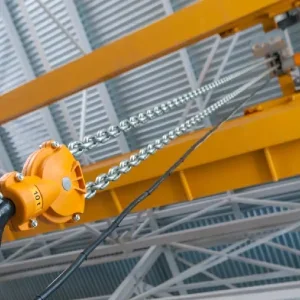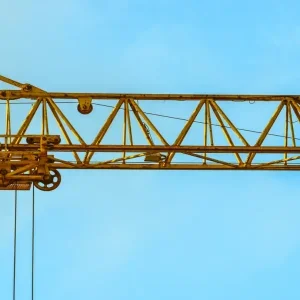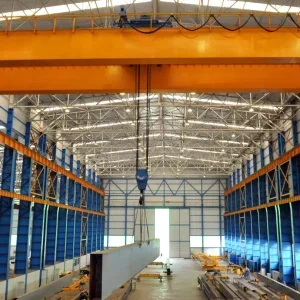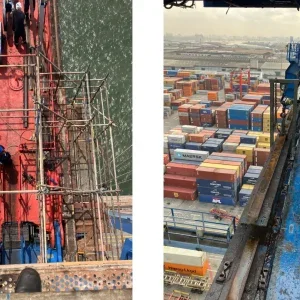The GKS stated that these particular Chinese-manufactured hoists are poorly made, would often not meet European safety standards, and have misleading markings.
These imported hoists, sold by do-it-yourself stores, wholesalers and industrial catalogues in Europe, contain instruction manuals that say the hoists are only intended for personal use, and not for use in businesses or industry.
This warning is not written on the body of the hoist, but only in the instruction manual – where relatively few users would see it.
“We have to get away from this ‘stinginess is cool’ attitude,” Klaus Vetter, chairman of GKS, said, referring to a popular German consumer electronics slogan. With safety products, cheap can be risky, he said.
He said that private users, who might use the hoist in their garage, are the most vulnerable.
The GKS has written to the German work safety offices Ämter für Arbeitsschutz, the Institute of Statutory Accident Insurance & Prevention (Berufsgenossenschaft), and the certification body Tuev to request that the hoists be banned.
These hoists are CE marked and GS-certified by German certification body Tuev.
At the annual meeting, Vetter was re-confirmed as chairman, Heinz Helmut Kempkes as chairman of the quality committee and Joachim Deprez of D-Krantechnik as deputy chairman. The organisation also welcomed Peter Hering of Demag Cranes and Components and Martin Rothe of KCI Konecranes to the executive committee.
GKS is a German cooperative of 28 companies that service cranes and hoists.






